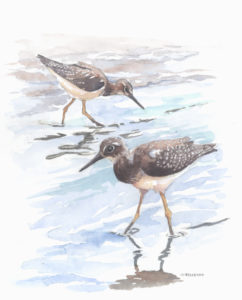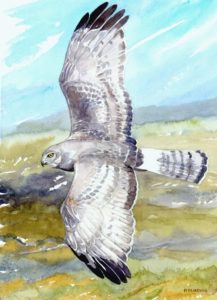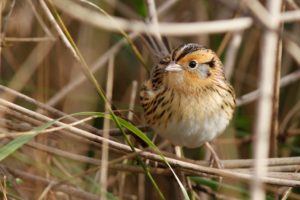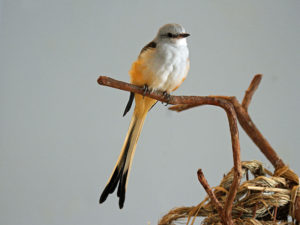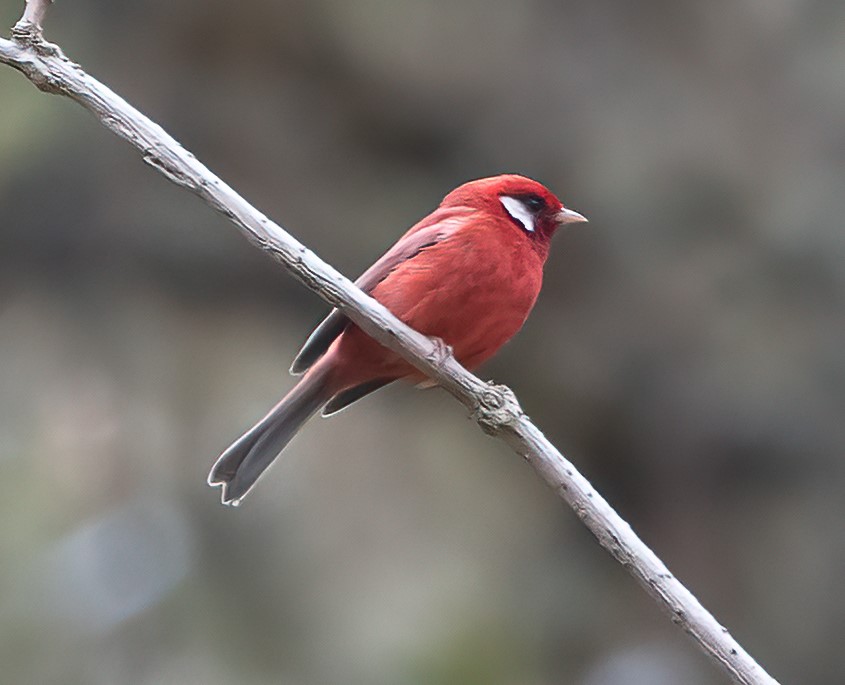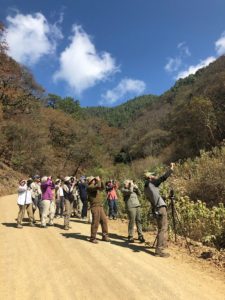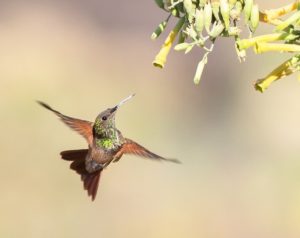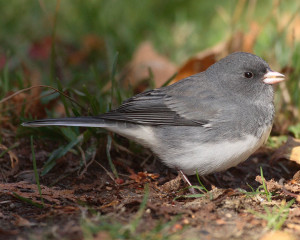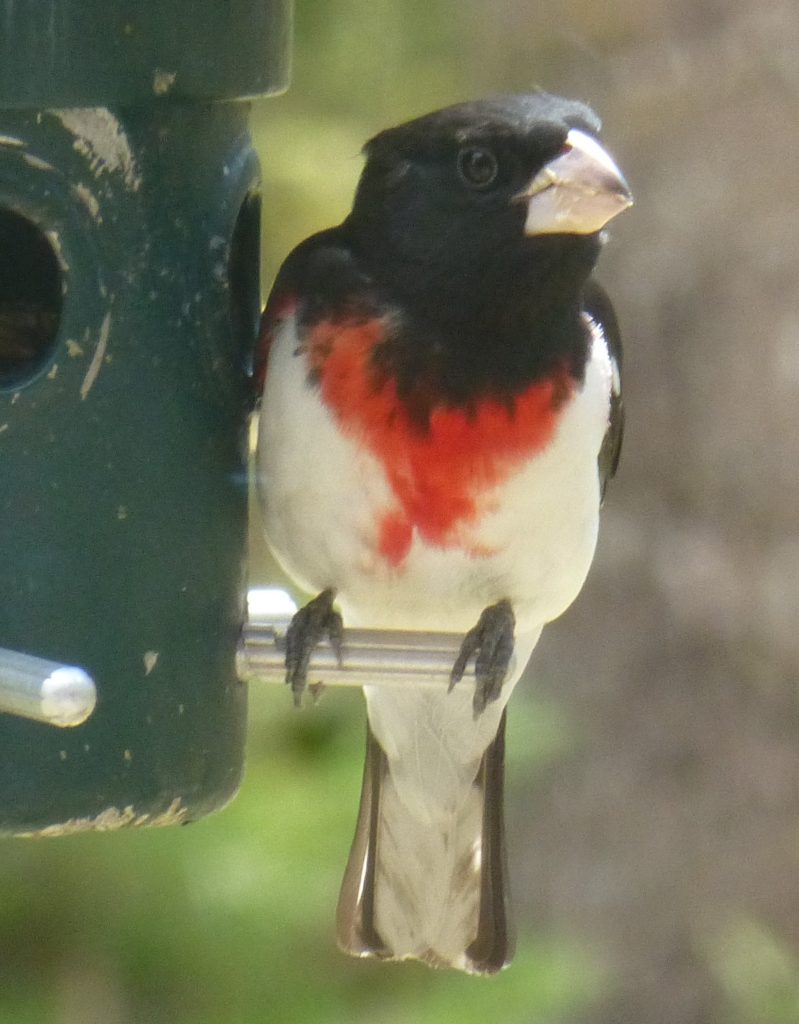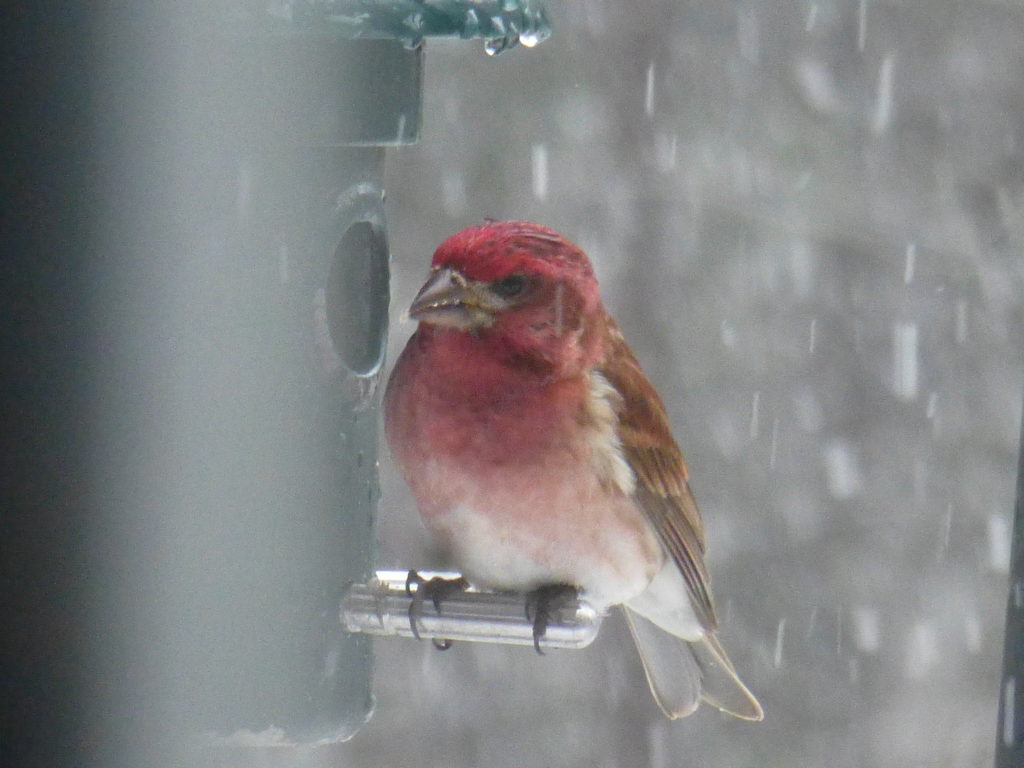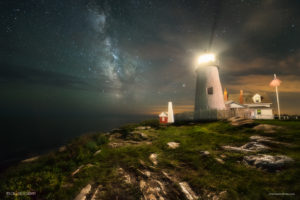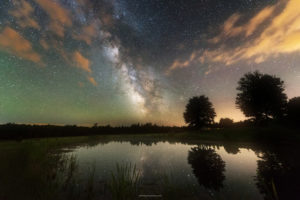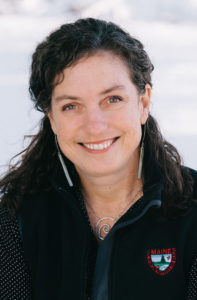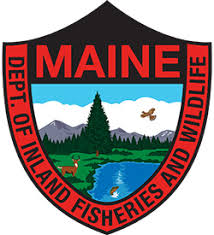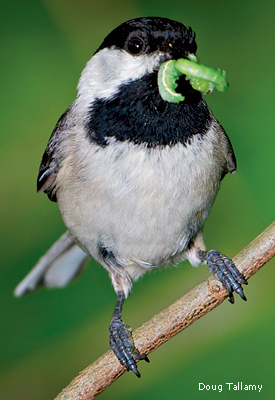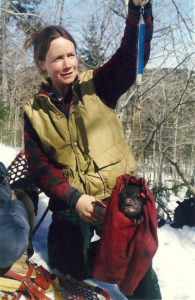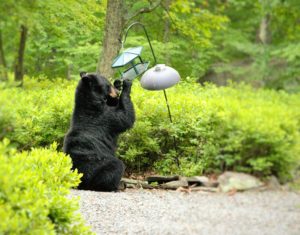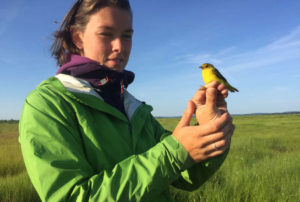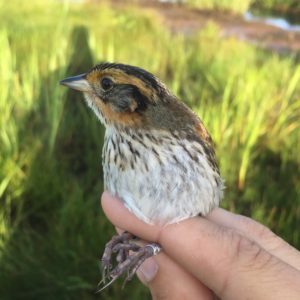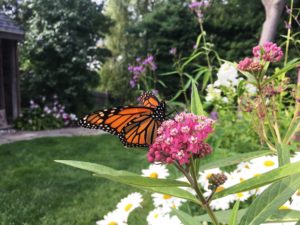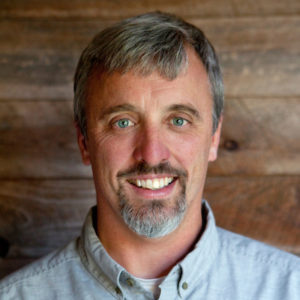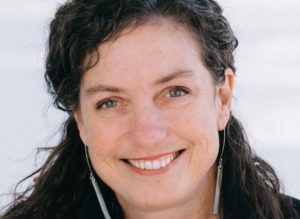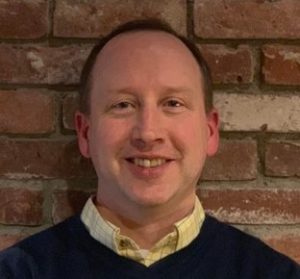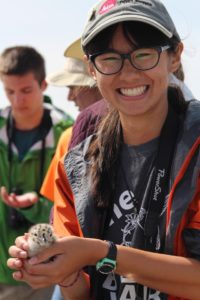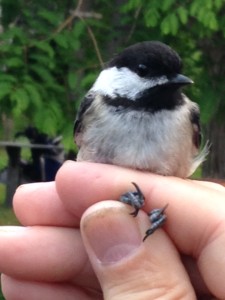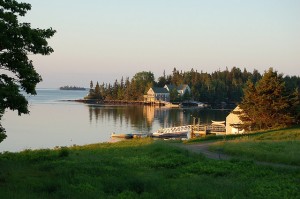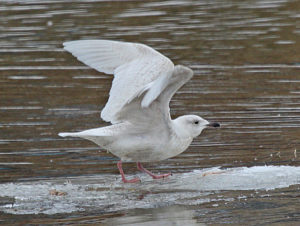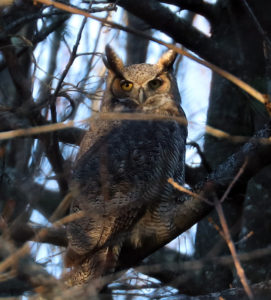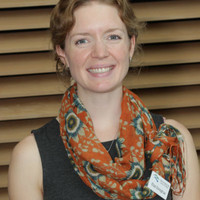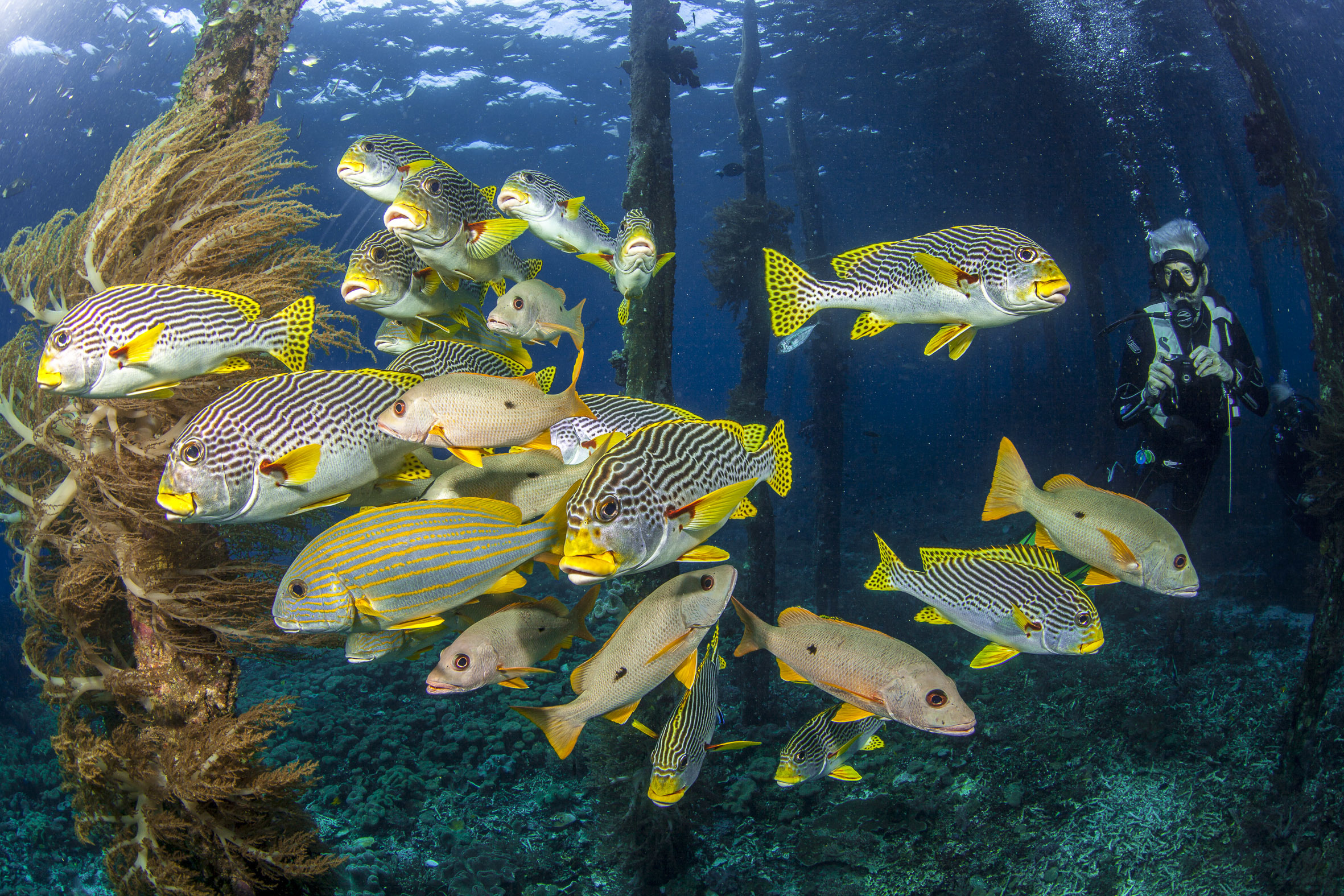Sketching birds is a great way to increase your appreciation of birds and your abilities to identify them. This fun and low pressure workshop will allow you to explore sketching birds using mounted specimens. Michael Boardman is a wildlife artist and master naturalist who will introduce you to or help you develop further your ability to sketch birds and nature.
Open to both beginners and those with more experience, we will work to loosen up your artist hand to eye coordination through fun exercises, talk about and practice some sketching techniques for making visual notes when watching birds in the field, and work on details of anatomy and structure. There will also be a brief watercolor demo with the opportunity to experiment with some color. All materials will be provided but people are welcome to bring their own supplies.
Michael is known for his watercolor bird portraits and nature journal sketches. He has connected his art to wildlife science through artist residencies at Acadia National Park, Hog Island Audubon Camp, Glacier Bay National Park, and most recently Arctic National Wildlife Refuge in Alaska in June of 2019. He is also the owner and artist of Coyote Graphics, creating nature based garments from his artwork.
Group size is limited and advance registration is required. To register, click on the link for this event in the Calendar column on the right side of this page, then scroll down and use the registration form. The price is $20/ person ($25/person for non-members), payable by cash or check at the workshop.
